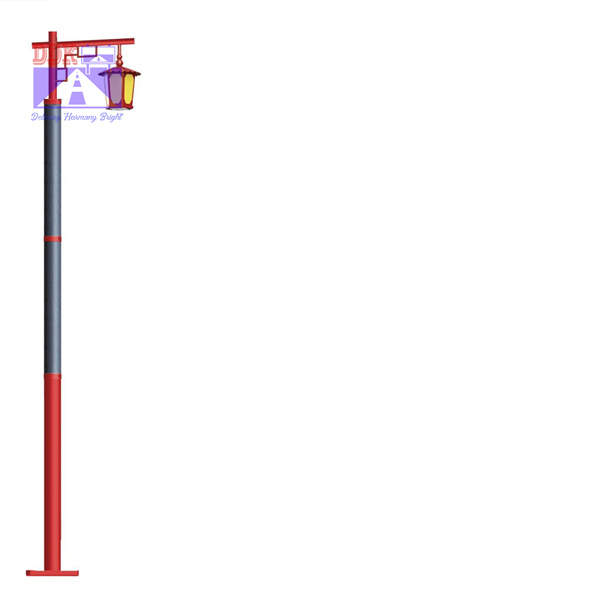NEWS
mid-15c. of or pertaining to the law, from Old Frenchlegal (14c.) or directly from Latinpertaining to the law, from) an enactment; a precept, regulation, principle, rule; formal proposition for a law, motion, bill; a contract, arrangement, contrivance. This probably is related toto gather, from PIE root*leg-(1) to collect, gather, with derivatives meaning to speak (to pick out words). Perhaps the noun is from the verb on the notion of a collection of rules, but de Vaan seems to imply that the evolution is the reverse:
and its compounds all have a meaning which involves a task, assignment, and can therefore be interpreted as derivatives of
law. The [Proto-Italic] root noun
law can be interpreted as a collection of rules. Whether the root noun existed already in PIE is uncertain for lack of precise cognates.
Sense of permitted by law is from 1640s. Related:Legally. Not etymologically related tolaw(n.), q.v. The usual Old French form wasleial,loial(seelealloyal).Legal tendermoney which the creditor is bound by law to accept is from 1740 (seetender(n.2)). Alegal holiday(1867) is one established by statute or proclamation and during which government business is usually suspended.
Proto-Indo-European root meaning to collect, gather, with derivatives meaning to speak on the notion of to gather words, to pick out words.
It forms all or part of:alexiaanalectsanalogousanalogueanalogyanthologyapologeticapologueapologycataloguecoilcolleaguecollectcollegecollegialDecaloguedelegatedialectdialoguediligencedoxologydyslexiaeclecticeclogueelectelectionepiloguehapax legomenonhomologoushorologyideologueidiolectintelligencelecternlectio difficiliorlectionlectorlectureleech(n.2) physician;legacylegallegatelegendlegiblelegionlegislatorlegitimatelessonlexiconligneousligni-logarithmlogiclogisticlogo-logogriphlogopoeiaLogos-logue-logyloyalmonologueneglectneologismphilologyprivilegeprolegomenonprologuerelegatesacrilegeselectsyllogismtautologytrilogy.
It is the hypothetical source of/evidence for its existence is provided by: Greeklegeinto say, tell, speak, declare; to count, originally, in Homer, to pick out, select, collect, enumerate;lexisspeech, diction;logosword, speech, thought, account; Latinlegereto gather, choose, pluck; read,lignumwood, firewood, literally that which is gathered,legareto depute, commission, charge,lexlaw (perhaps collection of rules); Albanianmb-ledhto collect, harvest; Gothiclisanto collect, harvest, Lithuanianlestito pick, eat picking; Hittiteless-zito pick, gather.
Old Englishlagu(plurallaga, combining formlah-) ordinance, rule prescribed by authority, regulation; district governed by the same laws; also sometimes right, legal privilege, from Old Norse*lagulaw, collective plural oflaglayer, measure, stroke, literally something laid down, that which is fixed or set.
This is reconstructed to be from Proto-Germanic*lagamput, lay (from PIE root*legh-to lie down, lay). The modern word is thus a twin oflay(n.2) as that which is set or established.
Rare in Old English, it ousted the more usualaeand alsogesetnes, which also were etymologically something placed or set.
In physics, a proposition which expresses the regular order of things, from 1660s.Law and orderhave been coupled since 1796. Tolay down the law(1752) is pleonastic (the law in the figure is biblical law, laid down from the pulpit).Poor lawsprovided for the support of paupers at public expense;sumptuary lawsrestrained excesses in apparel, food, or luxuries.
It is more common for Indo-European languages to use different words for a specific law and for law in the general sense of institution or body of laws, for example Latinlexa law,iusa right, especially legal right, law.
Indo-European words for a law are most commonly from verbs for to put, place, set, lay, such as Greekthesmos(fromtithemito put, place), Old Englishdom(from PIE*dhe-to put, place, set), Lithuanianįstatymas(fromstatyticause to stand, set up, establish), Polishustawa(fromstaćstand). Also compare Old Englishgesetnes(above),statute, from Latinstatuere; GermanGesetzlaw, from Old High Germangisatzidaa fixing, determination, assessment, withsezzen(modern Germansetzen) to make sit, set, put.
Words for law in the general sense mostly mean etymologically what is right and often are connected with adjectives for right (themselves often figurative uses of words for straight, upright, true, fitting, or usage, custom. Such are Greeknomos(as innumismatic); Frenchdroit, Spanishderecho, from Latindirectus; Polishprawo, Russianpravo(from Old Church Slavonicpravŭstraight, in the daughter languages right); also Old Norserettr, Old Englishriht, Dutchrecht, GermanRecht(seeright(adj.1)).
[L]earn to obey good laws before you seek to alter bad ones [Ruskin, Fors Clavigera]
a href= of legal by etymonline/a
Harper, D. (n.d.). Etymology of legal. Online Etymology Dictionary. Retrieved $(datetime), from
Harper Douglas, Etymology of legal, Online Etymology Dictionary, accessed $(datetime),
Harper, Douglas. Etymology of legal. Online Etymology Dictionary, Accessed $(datetimeMla).
D. Harper. Etymology of legal. Online Etymology Dictionary. (accessed $(datetime)).
established by or founded upon law or official or accepted rules;
relating to or characteristic of the profession of law;




